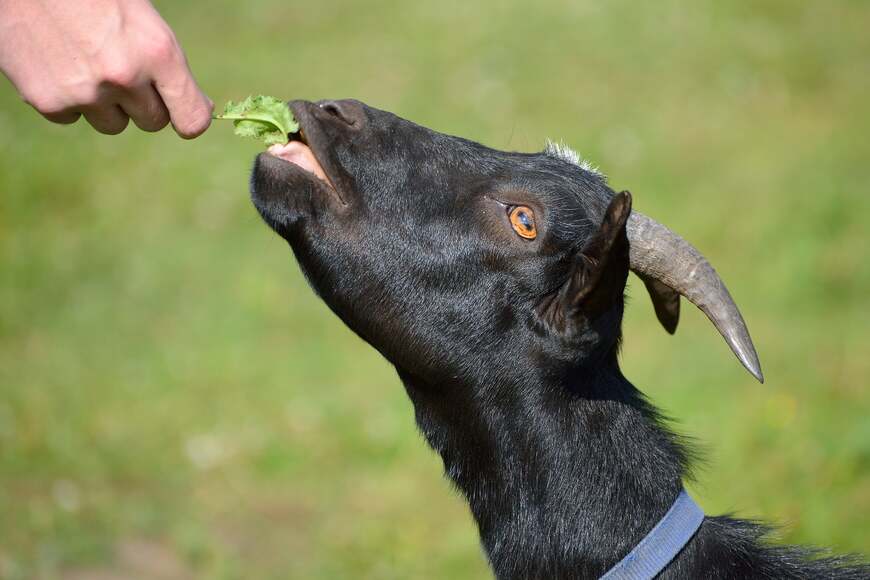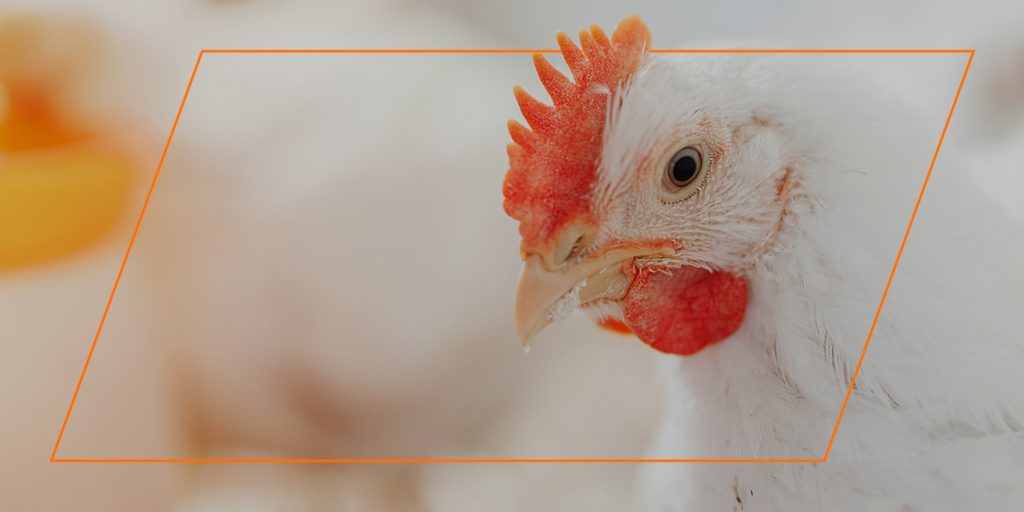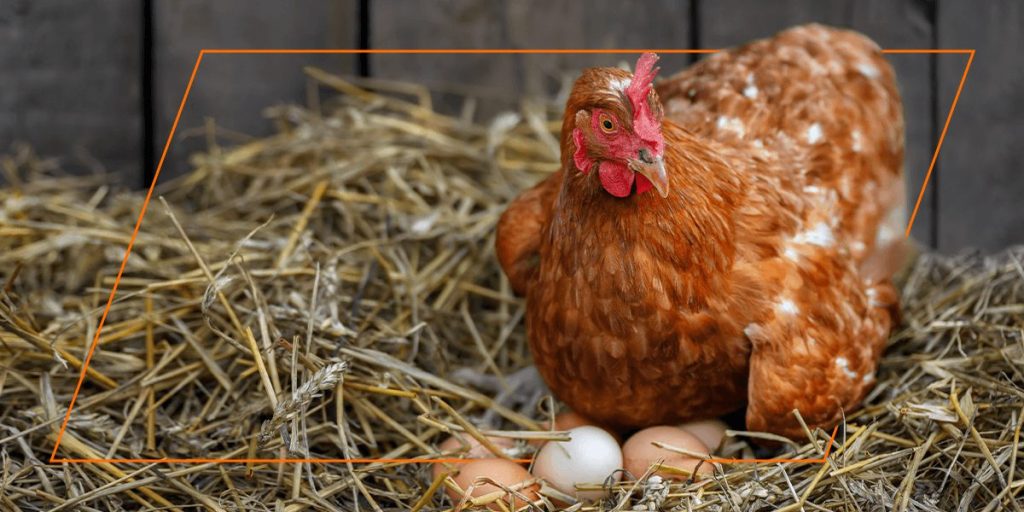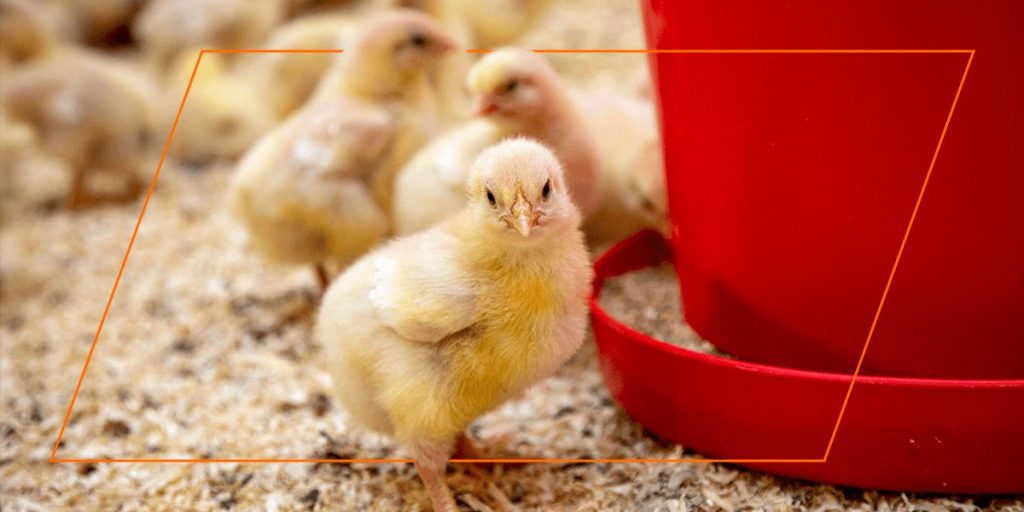From traditional farms to suburban backyards, goats can be raised in a variety of settings and for all kinds of reasons. Along with being cute companions, goats can be raised to produce milk, cheese and even household products like goat milk soap.
No matter where or why you decide to raise goats, though, proper feed supply and management is key to keeping them happy and healthy.
Goat Feed Management: What Should I Feed My Goats?
When raising goats, there are a few dietary considerations to keep in mind to make sure they receive the nutrition, vitamins and minerals they need. Goat feed supply and management involves:
Water
Goats need to have access to fresh, clean water at all times. Be aware that factors ranging from weather conditions to whether your goat is lactating can influence the amount of water they’ll need each day.
Pasture
While goats don’t require a large amount of space, you want to have at least 15 square feet of pasture space per pair of goats. Goats can be pastured on a wide range of grasses, including:
- Bahia grass
- Clover
- Grain grass mixture
- Millet
- Sorghum
- Sudan grass
Having pasture grass as a main source of nourishment is ideal for raising happy goats. Being able to roam allows goats to obtain the protein and energy they need from the grass as well as forage for young trees, shrubs and weeds. Regularly rotating your herd between pastures helps prevent overgrazing and decreases the chances of parasite buildup.
Hay
Even if your goats have access to pasture, there may be times when they require additional hay. Especially on cold, rainy days, hay can help keep your goats nourished and warm. As long as you are feeding quality, mold-free hay, goats will be happy with alfalfa, clover or lespedeza varieties.
Another hay option is chaffhaye, a bagged grassy hay that delivers extra nutrients, minerals and energy. You may also be able to feed your goats corn stalk bales, but you will want to supplement with another type of feed to make up for the lower level of nutrition present in this food source.
Feed
To ensure your goats are receiving sufficient nutrients, consider giving them a certified organic feed. Whether you are raising your goats as pets or to make a profit, quality goat feed will help keep them healthy.
Vitamins and Minerals
There are specific vitamins and minerals that are essential for a goat’s health. This group includes vitamins A, E and D as well as salt, calcium and phosphorus. Ensuring their diet is balanced helps them grow healthy and strong while staving off disease.
Treats and Snacks
Once you’ve established a healthy diet for your goats, you can treat them to a few snacks. Before you start feeding, make sure you know which treats goats can and can’t eat.
Also, when feeding fruits and vegetables, make sure to cut them up into small pieces your goats can swallow easily.
What Goats Should and Shouldn’t Eat
While you most likely have heard that “goats can eat everything,” this widespread belief is far from true. Of course, you may frequently find your goats attempting to munch on anything from wire fencing to paper, but that doesn’t necessarily mean that they should be eating everything in sight.
So can goats eat bread? What if they get into your tomatoes? Can you give them peanut butter?
Goats can eat many foods in moderation, including “people foods” like bread and peanut butter — you can even give your goat popcorn! However, much like humans, they’re better off with healthier treats like fruits and vegetables.
What Goats Can Eat
As long as your goats have a balanced diet, you can supplement and treat them to all kinds of fresh fruits and vegetables on the side. Because goats can consume a wide variety of food, you’ll be able to save your kitchen and garden scraps and use them as tasty and affordable treats for your herd.
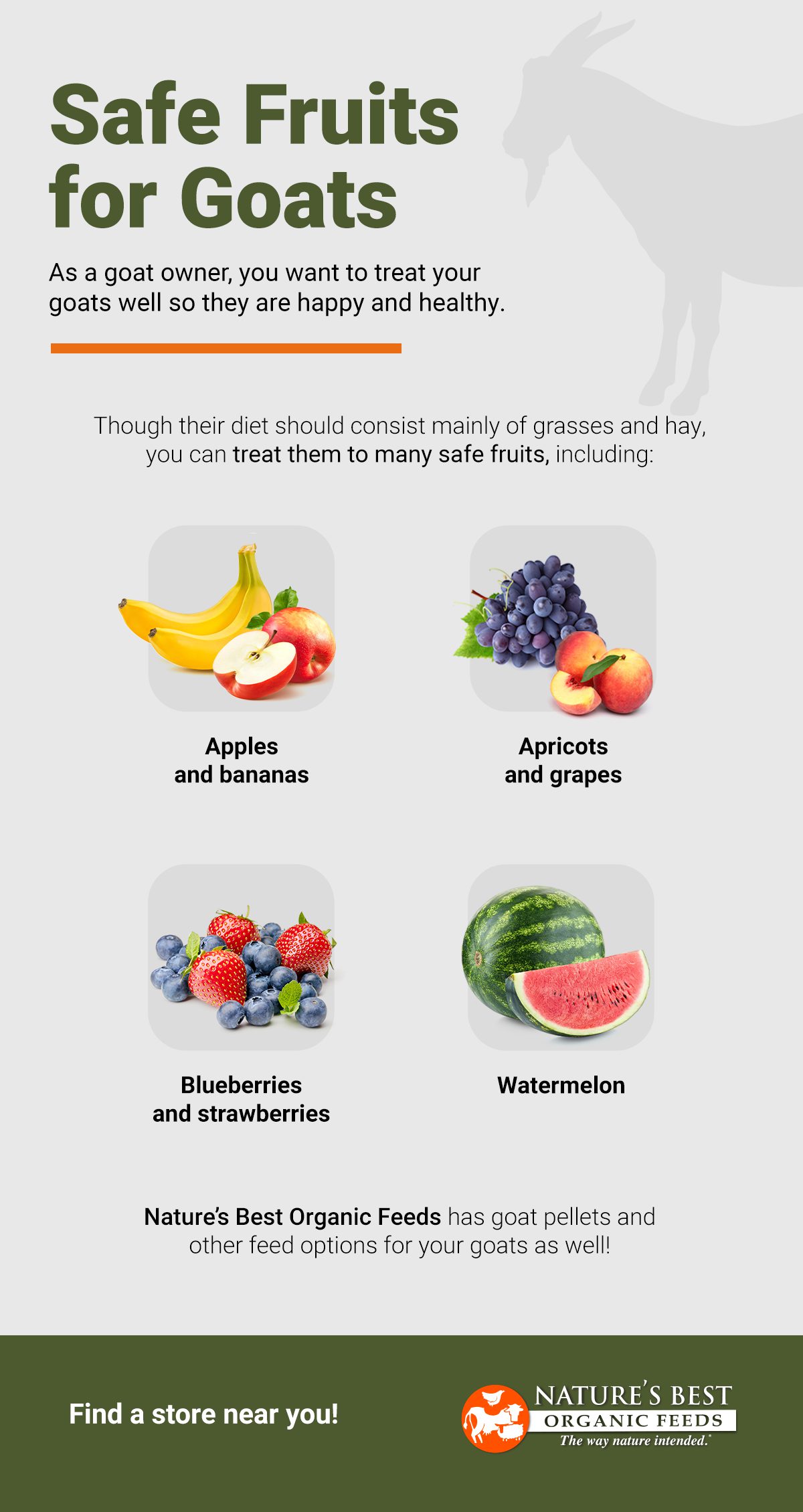
Some of the best fruits to give your goats include:
- Apples: These healthy fruits contain carbohydrates, some protein, fiber and vitamins.
- Apricots: Apricots are low in fat and provide vitamins A, C and E.
- Bananas: This fruit is full of fiber and potassium as well as vitamins B and C.
- Blueberries: A superfood for people and for goats, blueberries are rich in antioxidants, vitamins and minerals.
- Grapes: Grapes contain fiber, carbohydrates, and vitamins C and K.
- Grapefruits: These citrus fruits are rich in vitamin C and A as well as folate.
- Oranges: Another citrus, oranges are filled with vitamin C, potassium, thiamine and folate.
- Strawberries: These sweet treats deliver lots of phytonutrients along with manganese, folic acid, and vitamins C and K.
- Watermelon: Watermelon is a good source of potassium and vitamins A, B and C.
You can even feed your goats the scraps of some of these fruits — like banana peels, orange peels and watermelon rinds.
There are also many different types of vegetables that goats can eat — options like carrots can be a great, healthy snack. Goats can also eat corn, though you should keep it to no more than 10% of their daily diet.
Some vegetables, however, such as some species of cabbage or the green portions of nightshades like potatoes and tomatoes, can be poisonous to goats. It’s safer to keep your herd away from these foods.
What Goats Can’t Eat
Pasture management is key to making sure there aren’t any toxic plants or leaves present in your goats’ environment. Some of the most common plants that are poisonous to goats include:
- Azaleas
- Holly trees and bushes
- Lilacs
- Lily of the valley
- Milkweed
- Nightshade vegetables
- Plants that have oxalates
- Rhubarb leaves
In fact, even some fruits and vegetables are toxic to goats and can lead to serious illness or death. For example, wild cherries — the leaves, seeds and fruit — are all poisonous to goats. When goats consume wild cherries, it can lead to cyanide poisoning.
Similarly, you want to avoid feeding goats avocados because they contain persin, which is a fungicidal toxin that goats can’t dissolve. This includes not just the avocado fruit, but also the leaves and seeds. Just like avocados, potato skins contain a toxin called solanine, which goats can’t have.
Some other foods that you should not feed goats include:
- Chocolate
- Garlic
- Onion
- Meat scraps
- Anything containing caffeine
Raise a Happy, Healthy Goat Herd With Nature’s Best Organic Feeds
For over 70 years, our family-owned and -operated company has been producing certified organic feeds in both bagged and bulk quantities. Our premium organic goat feed is free from animal byproducts, growth hormones, antibiotics, pesticides and chemicals. You can trust that your goats will be receiving a feed formulated by nutrition experts and regularly tested to ensure exceptional quality.
To start creating your goat feed management program, use our store locator to find goat pellets by Nature’s Best Organic Feeds in a store near you.

